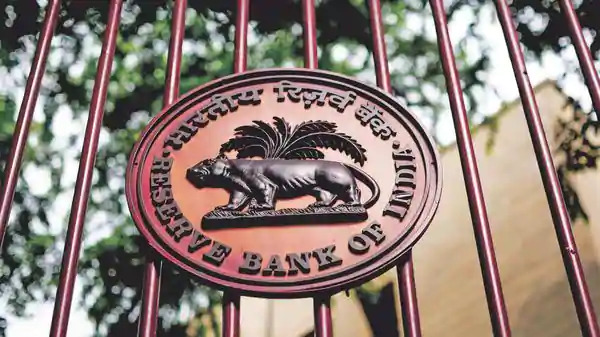Reserve Bank of India (RBI) panel on Friday recommend providing banking licences to large industrial houses. This would allow the Aditya Birla group, the Tata group and Reliance Industries Ltd to apply for banking licences.
The panel also recommended that large non bank lenders, including those which are owned by corporates, who has asset sizes of more than ₹ 50,000 crores, should be considered to be converted into banks provided that they have completed 10 years of operations. This proposal, if passed, will see Bajaj Finance Ltd, L&T Finance Holdings Ltd, Shriram Transport Finance Ltd, Tata Capital Ltd and Mahindra and Mahindra Financial Services Ltd prime apply for banking license.
Chairman and director of Bajaj Finserv Ltd, Sanjiv Bajaj on the new proposal from the apex financial institution of the country said that the proposal is progressive, practical and protective of all stakeholders’ interests.
According to the bankers this move will bring a fresh wave of consolidation in the sector, where several lenders are struggling to meet minimum capital norms because of a surge in bad loans.
To bring changes into effect it would require amendments to the Banking Regulation Act.
An Aditya Birla Group spokesperson said to news agency Mint, “We welcome the report of the RBI’s internal working group on the ownership guidelines and corporate structure for Indian private sector banks. NBFCs with a proven track record, supported by the brand values of reputed corporates, can play a key role in bringing the benefits of banking and economy to the underserved and newer segments.”
The Reserve Bank of India panel also suggested that payments banks can convert into small finance banks after three years of operations, potentially benefiting Paytm, Jio and Airtel payments banks.
The panel which is headed by RBI executive director P.K. Mohanty was set up in June. The panel was created to review ownership guidelines and corporate structure for Indian private sector banks. The Reserve Bank of India has asked for the comments on the report by 15 January.
The RBI panel also suggested that the cap on promoter stake in private sector banks to be raised by 26 percent of the paid-up equity after 15 years of operation. The existing guidelines say that the private bank promoters to cut their ownership to 40 percent within three years and to 15 percent in 15 years.
They also provided the suggestion that the promoter holdings be brought down to below 26 percent any time after the first five years of lock-in. The committee also said that for non-promoter shareholding, the current long-run shareholding guidelines may be replaced by a simple cap of 15 percent of the paid-up voting equity share capital of the bank. This suggestion was made keeping in mind about the Kotak Mahindra Bank and IndusInd Bank, where promoter holding has been a contentious issue.
The committee also suggested that for the preferred route of all banking licenses a non-operative financial holding company (NOFHC) structure should continue. They also said that the banks currently under NOFHC may be allowed to exit from such a structure if they do not have other group entities in their fold. They also added that banks licensed before 2013 may move to a NOFHC structure at their discretion, once the NOFHC structure attains a tax-neutral status. The panel added in recommendations to harmonize various licensing guidelines.
They also insisted that the initial paid-up capital or net worth required to set up a new universal bank to be increased to ₹1,000 crore. For SFBs, the panel suggested that the same be taken up to ₹300 crore and for urban cooperative bank transiting to SFBs, it is ₹300 crore in five years.
The report said, “Whenever a new licensing guideline is issued, if new rules are more relaxed, the benefit should be given to existing banks, immediately. If new rules are tougher, legacy banks should also confirm to new tighter regulations, but transition path may be finalized in consultation with affected banks.”

